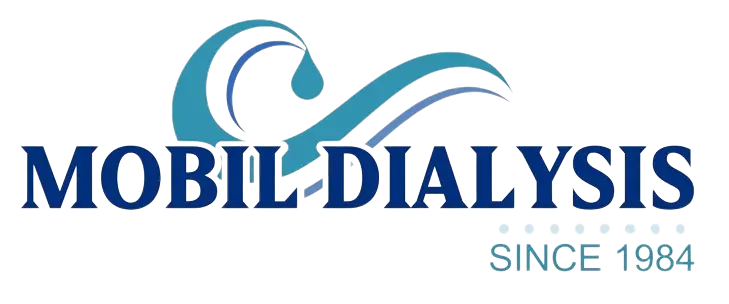Education

How Stress Impacts Your Kidney Health
When most people think about kidney health, common risk factors like high blood pressure, diabetes, or poor diet often come to mind. While these are
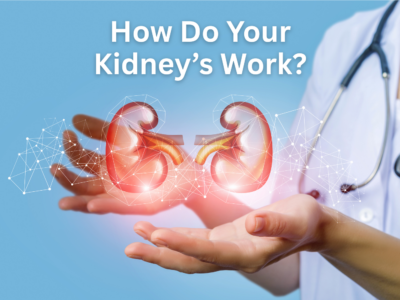
Understanding Kidney Function: What Your Kidneys Really Do
When most people think about kidneys, the first thing that comes to mind is “filtering waste.” While that’s true, your kidneys are far more complex
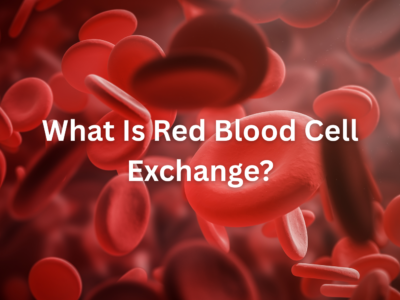
What Is Red Blood Cell Exchange? A Pediatric-Focused Guide
At Mobil Dialysis, we’re dedicated to providing life-saving therapies that support children with complex and critical health needs. One such advanced treatment we offer is

The Role of Exercise in Kidney Health
When it comes to maintaining kidney health, most people immediately think of diet, hydration, or medication. While those are essential, there’s another powerful tool that
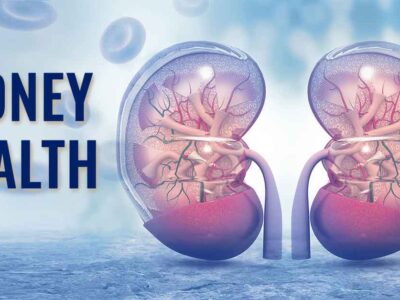
10 Everyday Habits That Support Kidney Health
Your kidneys play a vital role in filtering waste, balancing fluids, and regulating key functions in the body, including blood pressure, red blood cell production,
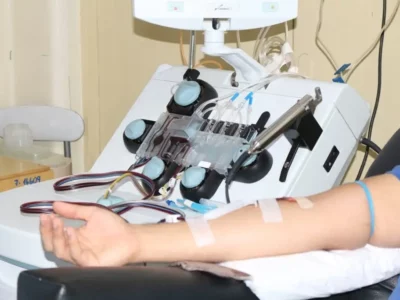
Apheresis: What It Is and When It’s Needed
When it comes to advanced renal and blood treatments, one powerful yet often misunderstood therapy is apheresis. At Mobil Dialysis, we provide this lifesaving procedure,
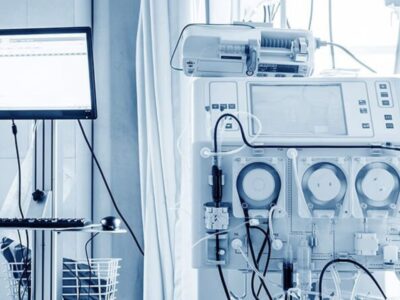
What is CRRT? Understanding Continuous Renal Replacement Therapy
Continuous Renal Replacement Therapy (CRRT) is a critical therapeutic intervention designed for patients in the Intensive Care Unit (ICU) who suffer from acute kidney injury
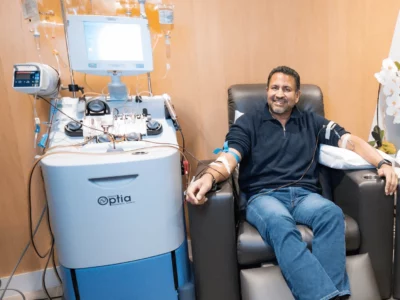
What is Therapeutic Plasma Exchange?
Therapeutic plasma exchange (TPE), also known as plasmapheresis, is a medical procedure used to treat a range of autoimmune, hematological, neurological, and kidney disorders. It involves
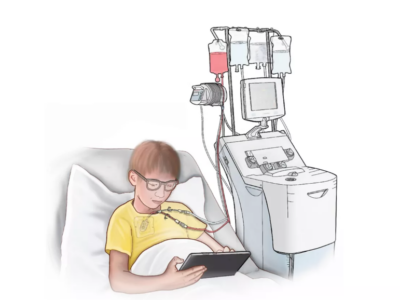
What is Leaukapheresis?
Leukapheresis is a specialized medical procedure used to separate and remove white blood cells (leukocytes) from a patient’s blood. This technique plays a crucial role

How Does Dialysis Work?
Kidney health is essential for maintaining the body’s overall well-being. When kidneys fail to function properly due to chronic conditions or acute injuries, dialysis becomes
